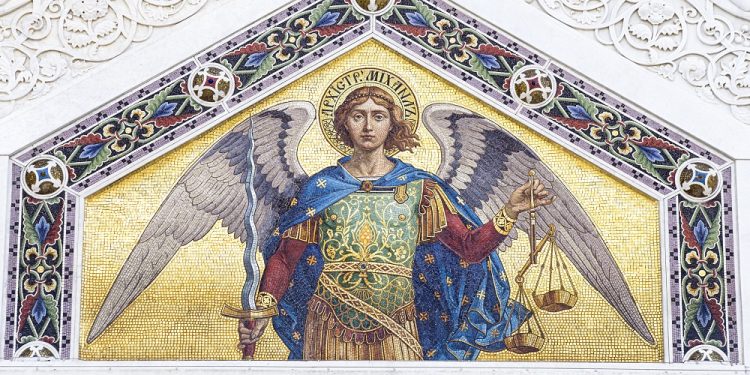
Michaelmas
Michaelmas (also called The Feast of Saint Michael the Archangel, Feast of the Archangels, Feast of Saint Michael, Feast of Saint Michael and All Angels) is a feast day that is celebrated on September 29th every year in the Western Christian Church.
This feast day—also known as the Feast of Saint Michael, Feast of the Archangels, and the Feast of Saint Michael and All Angels—was a holy day of obligation in the Western church up until the 18th century, but that is no longer the case.
While this feast day isn’t celebrated in the Eastern Orthodox Church, except for the Serbian Orthodox Church, it is celebrated by the Greek Orthodox Church. However, in the Greek Orthodox Church, it is celebrated on November 8th instead of September 29th.
History
The roots of Michaelmas can be traced all the way back to the third century when it was converted from a pagan spring festival to a Christian feast day. However, while it was a widely practiced religious holiday, it didn’t become an official feast day until the fifth century.
This is when the Basilica of St. Michael was officially dedicated near Rome. Then, during the eleventh century, Christians were required by English law to fast for three days before the start of this feast. During the Middle Ages, it continued to be not only a Holy Day of Obligation but also a time when landowners appointed reeves from among the peasants for the following year.
The main duty of these reeves was to oversee the peasants and ensure that everyone was pulling their weight. Another job of the reeve was to collect rents for the landowners during this time.
This practice would continue throughout the Middle Ages, as well as the practice of this day being a Holy Day of Obligation. However, these practices both ended by the end of the 18th century.
Customs, Traditions, and Celebrations
There are many traditions that surround Michaelmas, and most of them revolve around the traditional holiday goose. This is because a goose was traditionally what was paid to landowners for rent on this day.
In many of these traditions, those who consumed a goose on this day would be free of all money problems throughout the year, while those who didn’t were said to have money problems for the rest of the year.
Another practice that is common on this holiday is the eating of desserts that contain blackberries. This tradition can be traced back to the legend of Lucifer being thrown from heaven.
In this story, when Lucifer is tossed out of heaven, he lands in a blackberry bush. As such, every year Lucifer spits on the blackberry bush, and they turn bad if they aren’t collected by this day.
In Italy, it is customary to eat ginger on this day, with many people making ginger ale, ginger snap cookies, and ginger caramels. In most countries, it is also customary to collect Michaelmas daisies that are often used as decoration around the house or used in people’s attire.








